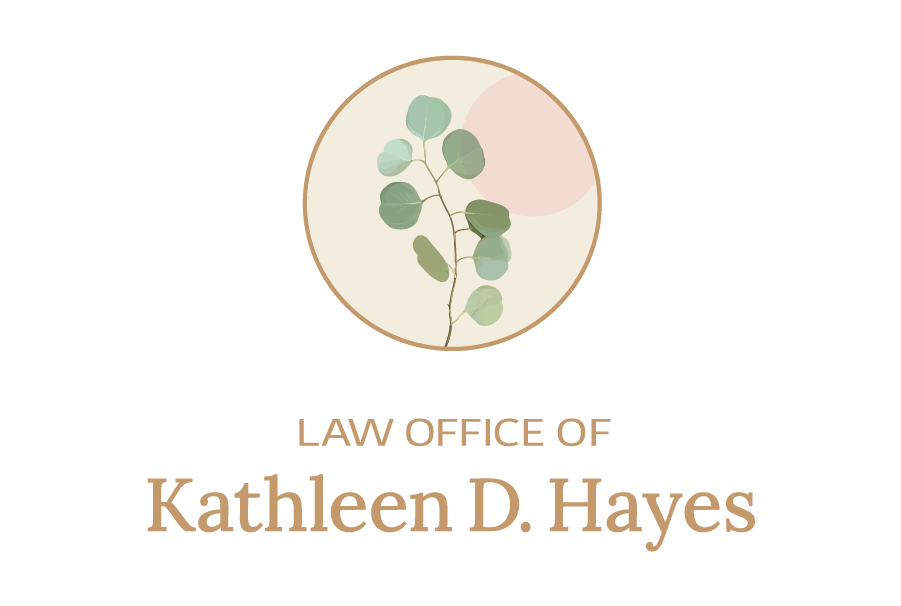Easy as 1-2-3: The Three Documents in a Basic Estate Plan
Many prospective clients call because they “need a Will.” While a Will is central to planning, it is only one of three key documents that make up a “basic estate plan.”
Every person who is over the age of 18 and who has capacity should have a basic estate plan, consisting of: 1) a Last Will and Testament, (2) a Power of Attorney, and (3) an Advance Directive.
Each document plays a key role in protecting your legal interests during your lifetime and upon your passing.
Last Will and Testament. A Last Will and Testament (“Will”) is a legal document where you name the individuals and organizations that will inherit your estate. Every Will includes an “Executor” or “Executrix,” who is the individual responsible for distributing your estate to your beneficiaries, who files your final tax return, who pays your final debts, and who files the necessary paperwork with the probate court. For those clients with young children, a Will also names the individual(s) who will serve as Guardian if the parents pass away before their children reach the age of eighteen. A Will may also include many more provisions, which are tailored to the client’s unique circumstances and wishes.
Power of Attorney. A Power of Attorney is a legal document that designates an “Agent” to manage your legal and financial affairs if, during your lifetime, (1) you request assistance, or (2) you lose capacity. For example, your Agent might manage your affairs if you are out of the country and need assistance with a local transaction; if you are elderly and no longer wish to manage your finances; or if you are ill. In addition, your Agent will step in to manage your affairs if you lose capacity, for example, if you have a brain injury or suffer from dementia or another adverse medical event. When you pass away, your Power of Attorney is no longer effective.
Advance Directive. An Advance Directive is a legal document that designates a “Healthcare Representative” to make medical decisions on your behalf if (1) you request assistance or (2) you are unable to make your own medical decisions due to incapacity. For example, your healthcare representative may attend medical appointments with you and communicate directly with your provider as to your medications or treatment plan. In addition, in the event of a medical emergency, your healthcare representative would communicate with the care team. An Advance Directive often includes a “Living Will,” which states whether you would want life sustaining treatment if you were terminally ill or in a vegetative state. This document may also state whether you wish to be an organ donor.
As you can see, a basic estate plan promotes your financial and medical welfare during your lifetime, and ensures that your estate passes in accordance with your wishes upon your passing. If you are in need of a plan, we hope to hear from you!
